Edly-Allen leads measure to protect people from deceptive AI
- Details
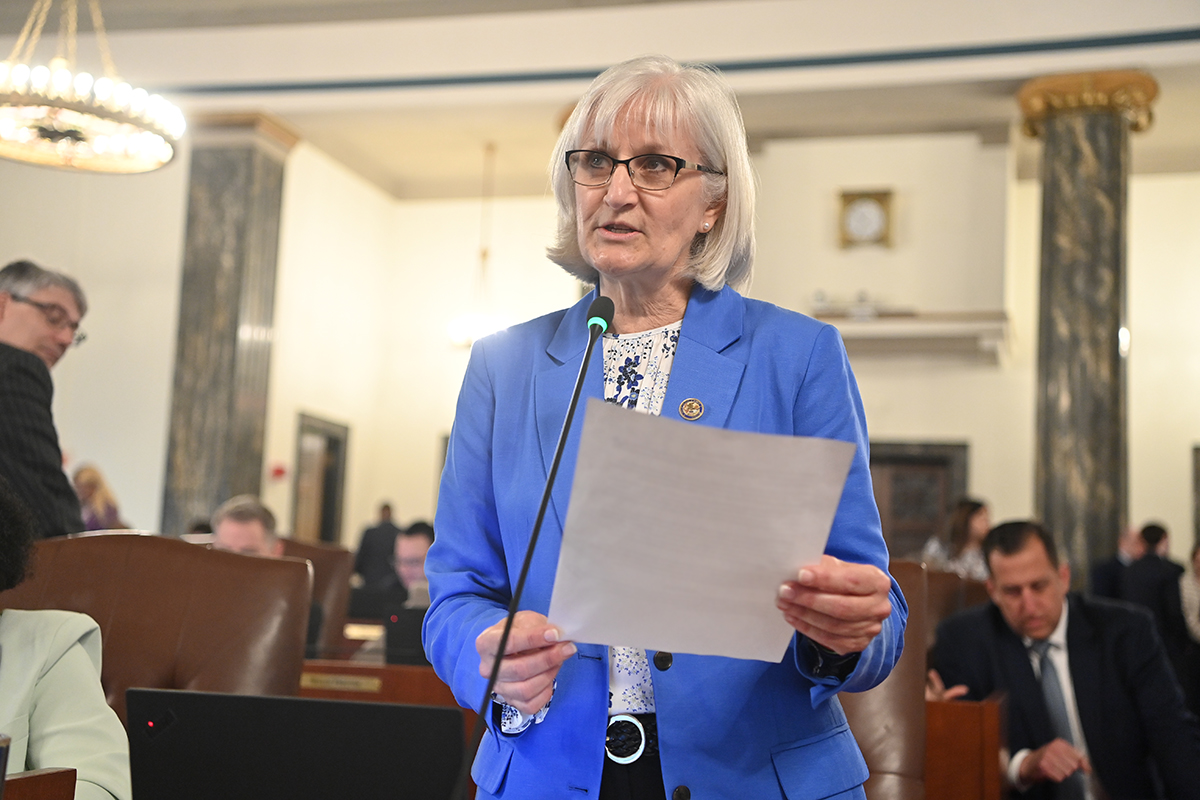
SPRINGFIELD – State Senator Mary Edly-Allen passed a measure through the Senate to protect artists if their songs or likeness are stolen through the means of artificial intelligence (AI).
“In the last few years, we have seen an explosion of AI tools and AI generated content, often created and distributed without authorization,” said Edly-Allen (D-Libertyville). “While AI is a powerful tool with the potential to do much good, guardrails are necessary to protect artists and the general public. I’d like to thank the numerous groups that worked in collaboration to ensure this measure is effective including the Motion Picture Association, TechNet, the Software Alliance and more.”
House Bill 4875 would create a private right of action for the artist or music studio to sue when a digital replica of the individual was disseminated or made available publicly without authorization of the artist or music studio.
Read more: Edly-Allen leads measure to protect people from deceptive AI
Koehler’s measure to expand access to bleeding disorder medications passes Senate
- Details
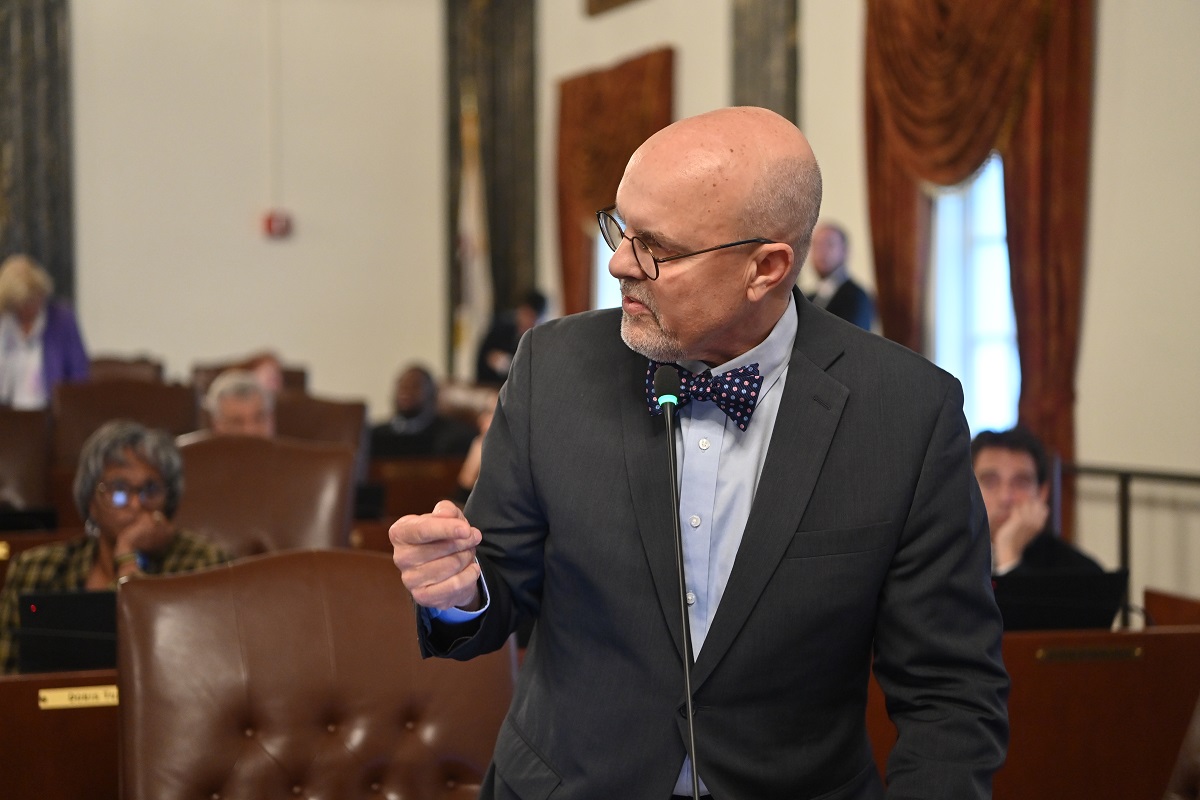 SPRINGFIELD – In an effort to expand access to medication for hereditary bleeding disorders, State Senator Dave Koehler advanced a measure to cut red-tape practices used by insurance companies.
SPRINGFIELD – In an effort to expand access to medication for hereditary bleeding disorders, State Senator Dave Koehler advanced a measure to cut red-tape practices used by insurance companies.
“Prior authorization processes can delay vital medical care, putting patients’ lives at risk,” said Koehler (D-Peoria). “We need to ensure Illinoisans can access the medications they need without delays.”
House Bill 4055 would prohibit prior authorization for FDA-approved medication for the treatment of hereditary bleeding disorders for up to six months. Prior authorization is a form of approval by insurance companies utilized before agreeing to cover medications and procedures. These checks can be for age, medical necessity, the availability of a medical alternative or drug interactions.
Read more: Koehler’s measure to expand access to bleeding disorder medications passes Senate
Holmes advances inclusive insurance coverage for menopause relief treatment
- Details
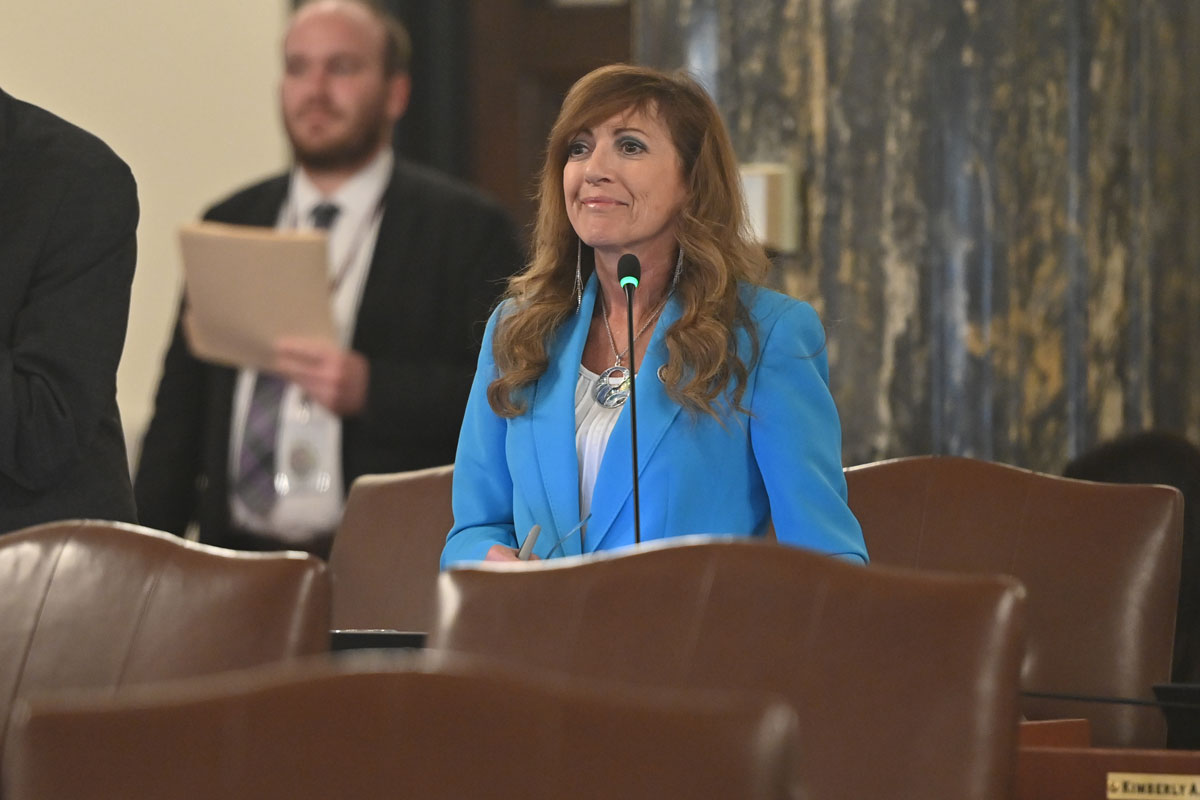 SPRINGFIELD – State Senator Linda Holmes’ effort in the Senate to ensure insurance coverage for treating menopause symptoms without regard to whether the onset was natural or surgical. Holmes’ measure, House Bill 5295, passed the Senate Thursday.
SPRINGFIELD – State Senator Linda Holmes’ effort in the Senate to ensure insurance coverage for treating menopause symptoms without regard to whether the onset was natural or surgical. Holmes’ measure, House Bill 5295, passed the Senate Thursday.
Menopause occurs when an individual’s estrogen and progesterone hormone levels start to fall. If it begins naturally, symptoms show up over time; if it is a result of surgery, those effects start and advance quickly after the procedure.
“In either event or at whatever age, hormonal changes can bring on complications that affect our overall health and well-being. As estrogen drops, bone density can decrease and cardiovascular risks can rise,” said Holmes (D-Aurora). “Menopause therapies are prescribed regardless of the onset reason and must be covered either way.”
Read more: Holmes advances inclusive insurance coverage for menopause relief treatment
Villanueva champions measure to give first-time offenders a second chance
- Details
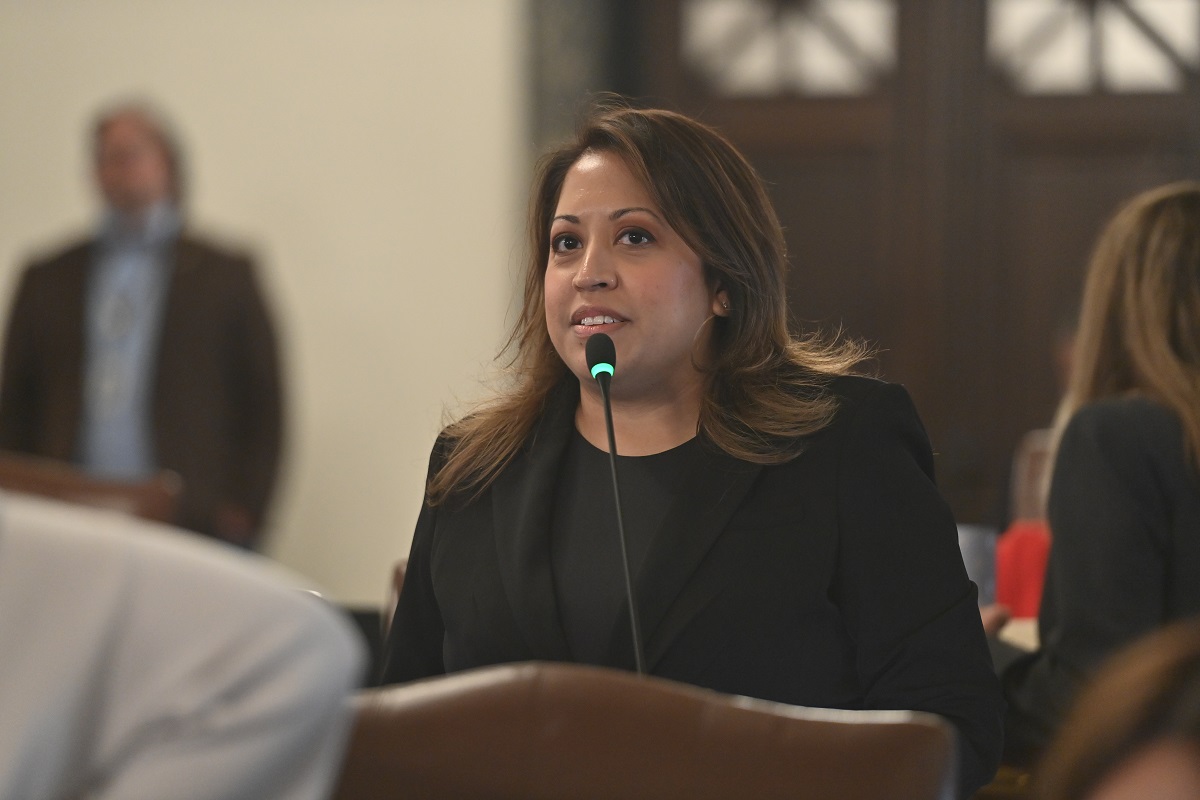 SPRINGFIELD — State Senator Celina Villanueva passed a measure through the Senate to ensure those who plead guilty to a possession charge receive a second chance in exchange for diversion into a probation program.
SPRINGFIELD — State Senator Celina Villanueva passed a measure through the Senate to ensure those who plead guilty to a possession charge receive a second chance in exchange for diversion into a probation program.
“Supportive measures like this allow first-time offenders of possession to reintegrate into society with the tools they need to succeed,” said Villanueva (D-Chicago). “Harsh penalties only serve to solidify a cycle of recidivism.”
Currently, a person who successfully completes a probation program will have their sentence or conviction vacated. This clean record applies while the person is enrolled in the program as well as for those who successfully complete the program.
Read more: Villanueva champions measure to give first-time offenders a second chance
More Articles …
Page 168 of 734


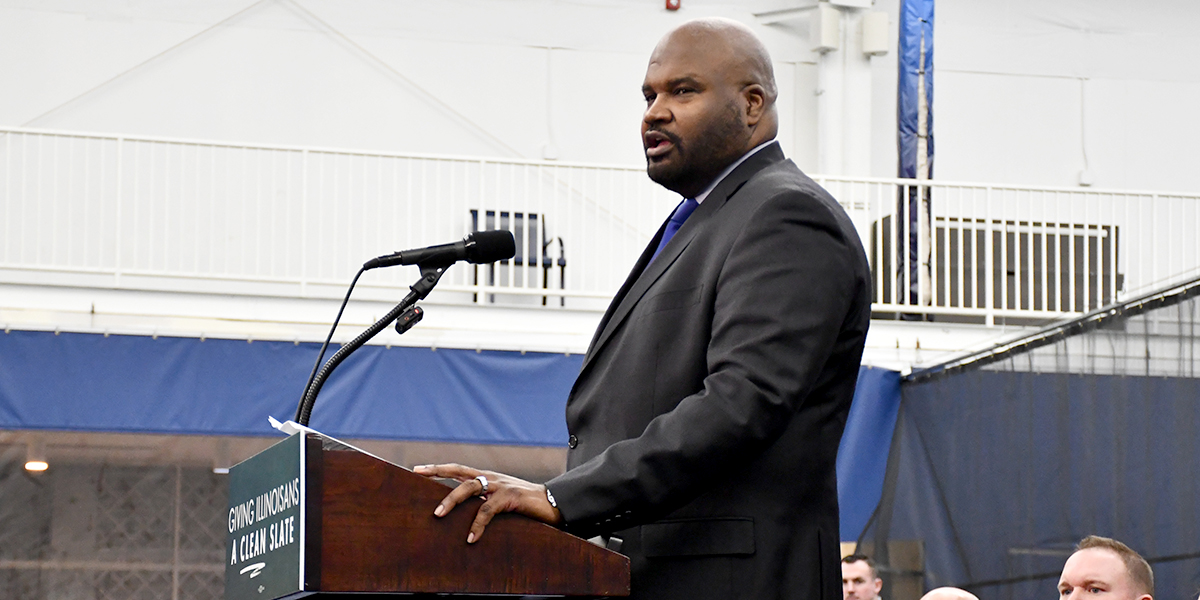
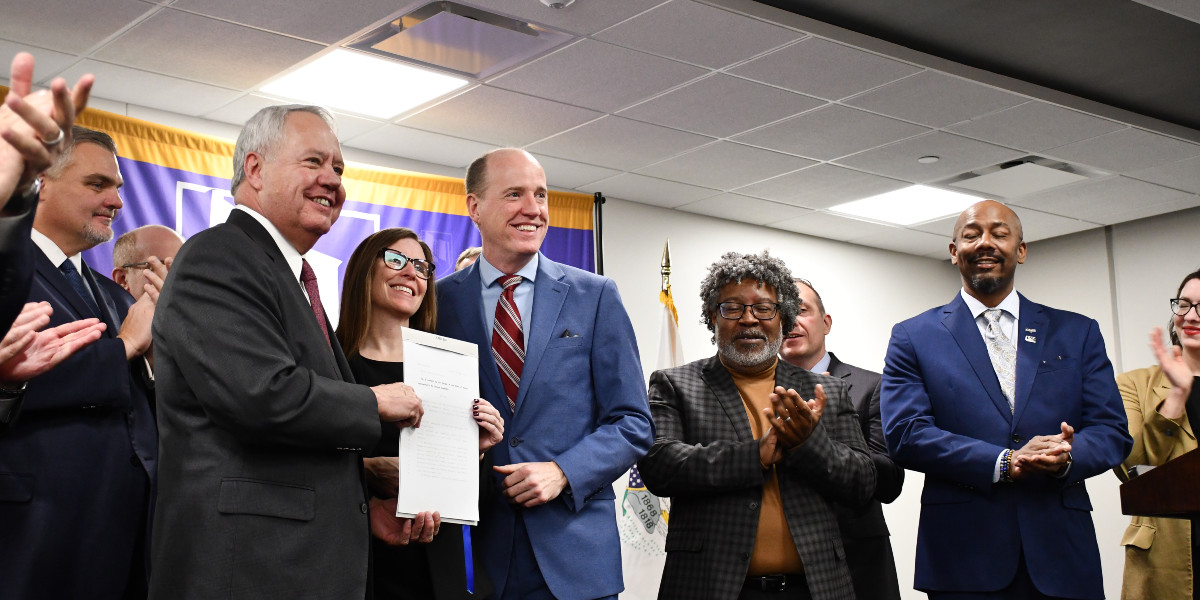
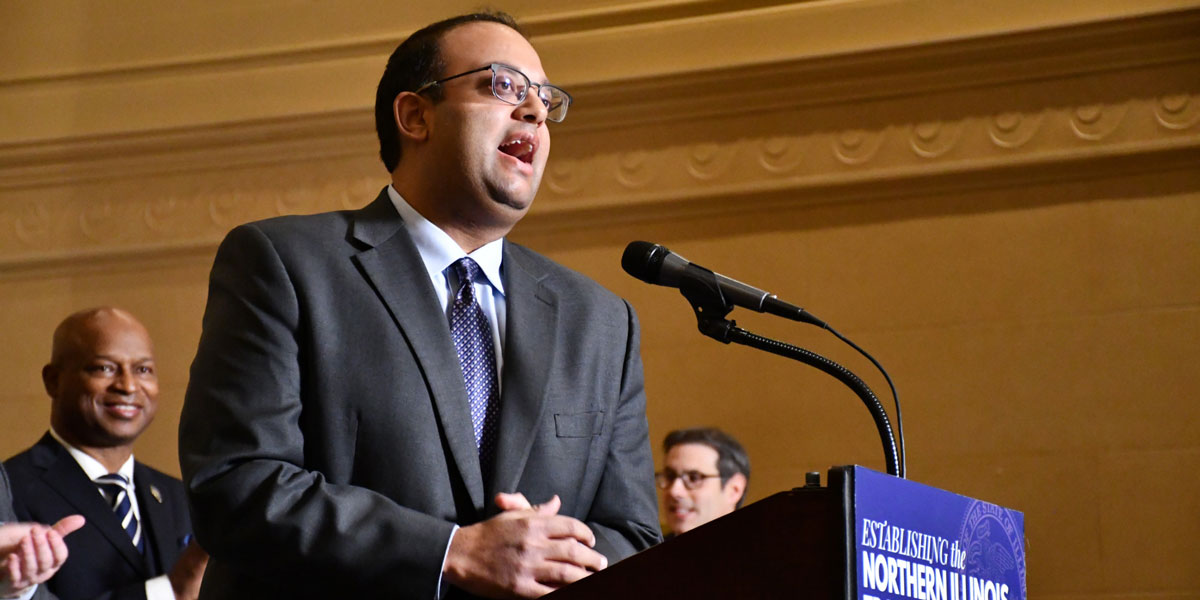
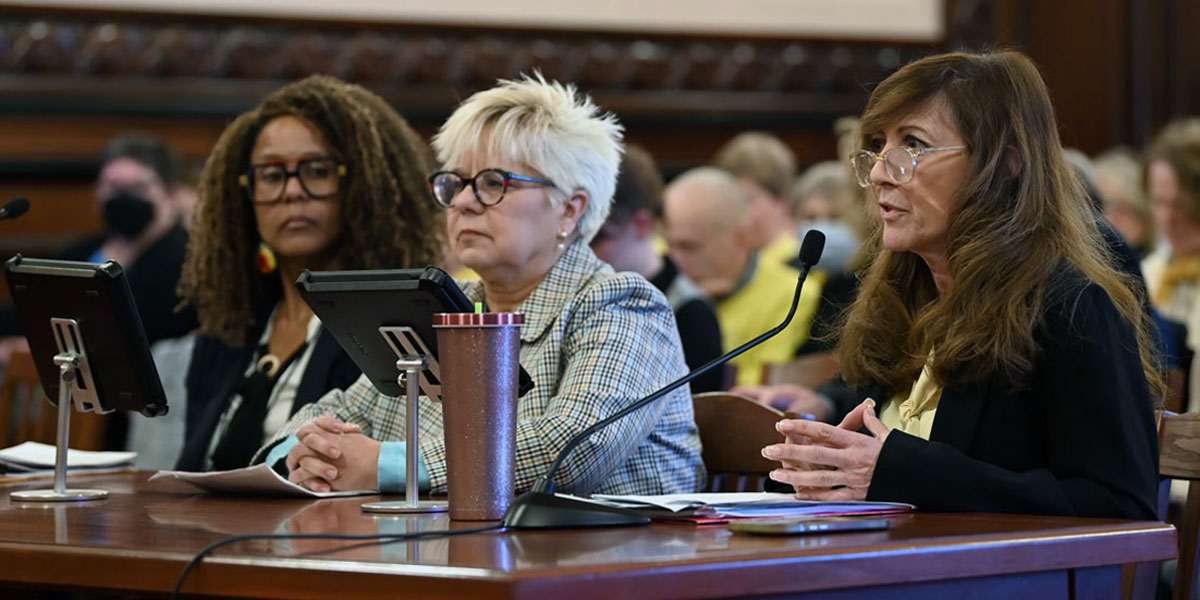


















 © 2026 Illinois Senate Democratic Caucus
© 2026 Illinois Senate Democratic Caucus